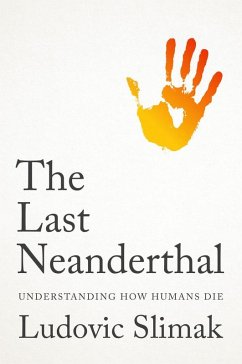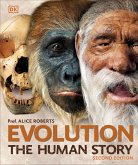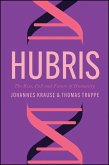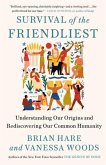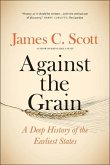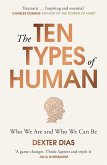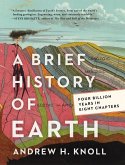It's August 2015. After twenty-five years of archaeological research in a secluded cave overlooking the Rhône Valley in southern France, Ludovic Slimak uncovers the remains of a Neanderthal, frozen in time - a discovery that casts fresh light on a critical turning point in human history. Could these remains belong to one of the last Neanderthals? As scientists from around the world analyze the site, their findings disrupt everything we thought we knew about the final days of these ancient humans. This discovery takes us to the defining threshold when multiple human species, once coexisting in the same world, are wiped from history-leaving Homo sapiens as the sole human survivor. Slimak takes the reader on an extraordinary journey of discovery that is both scientific and profoundly human, blending rigorous research with evocative storytelling. This breathtaking exploration of the past not only unearths the lost world of the Neanderthals but forces us to confront the unspoken question: is this how humanity dies? A compelling narrative spanning millennia, The Last Neanderthal is both a groundbreaking scientific revelation and a profound reflection on the fragility of humanity and the threads that connect us to the distant past.
Bitte wählen Sie Ihr Anliegen aus.
Rechnungen
Retourenschein anfordern
Bestellstatus
Storno

